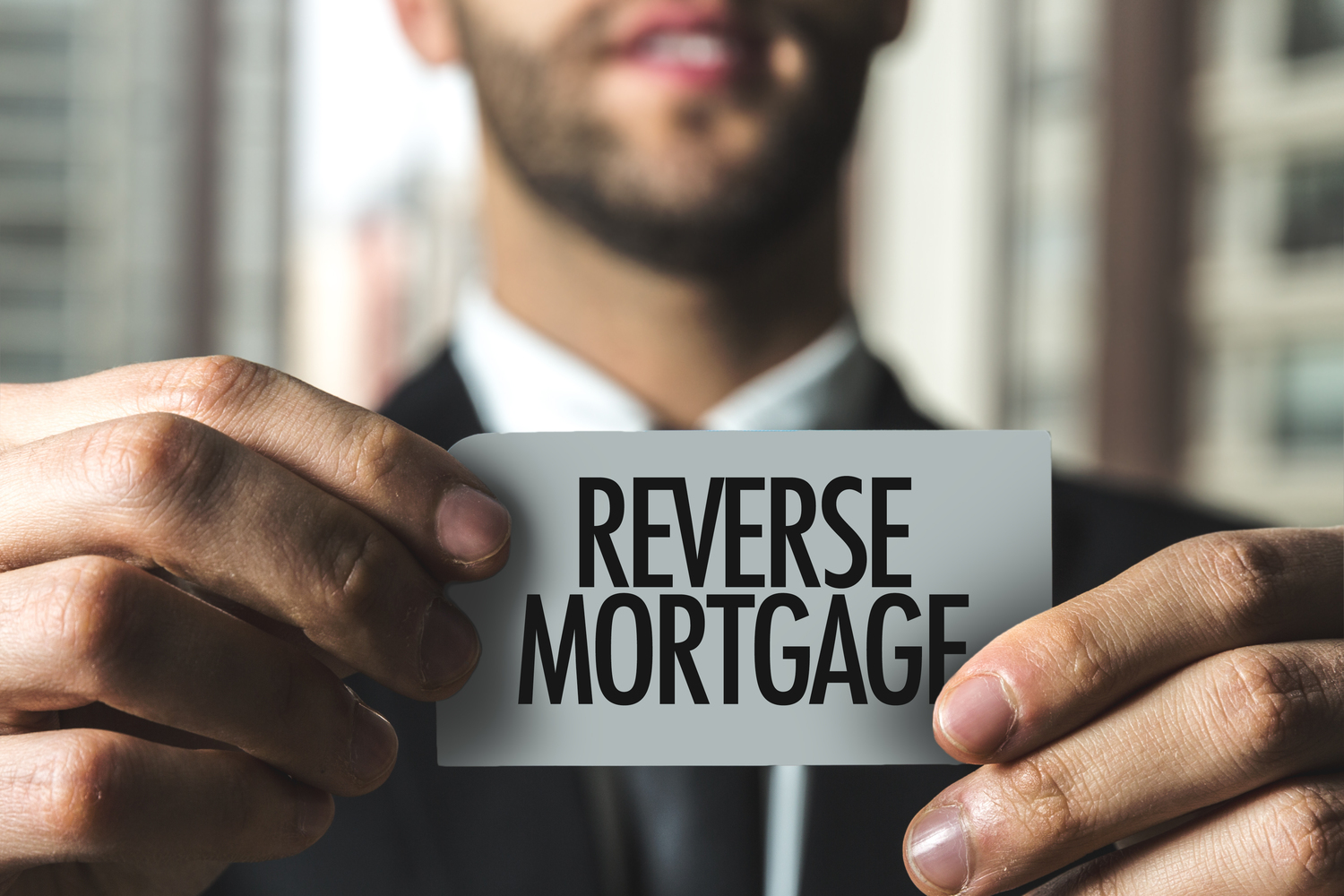
Pros And Cons Of A Reverse Mortgage
A reverse mortgage is a type of loan that lets a borrower convert their home equity into cash that can be borrowed. This can be taken as a single, large amount at once, as a line of credit when required or as monthly payments.
If you are wondering how these are paid back, there are a couple of ways. One of the most common ways is by selling the house after the borrower passes on. The proceeds from the sale are then used to pay the loan. The second way is if the borrower chooses to stop the mortgage after a couple of years, sell their house, and pay it back. Additionally, if the borrower defaults on his property maintenance, the mortgage gets cut off and they owe the money back. Finally, in some cases, if the heirs decide they want to keep the property for sentimental reasons, they can choose to pay the mortgage back and retain the property.
These are some of the basics of a reverse mortgage. But, is it for everyone? Let’s take a look at the pros and cons of a reverse mortgage, so you can take an informed decision.
Pros of a reverse mortgage
Here are the advantages of a reverse mortgage:
- Tax- free
A reverse mortgage is an actual loan. So it is free from the IRS. Moreover, a reverse mortgage does not in any way hamper your Medicare or your Social Security.
- Easy access to a loan
A reverse mortgage is mainly available to people above the age of 62 years. This is the age when you are retired and loans are hard to come by, owing to the fact that you do not have a regular source of income. In such a situation, your reverse mortgage is an easy loan that you can access against the equity of your home.
- Provides financial independence
In conjunction with the previously discussed point, a reverse mortgage provides financial independence. You do not need to ask your kids or grandkids for money in a medical or any other emergency. You have your monthly payments or line of credit that you can access any time funds are needed.
Cons of a reverse mortgage
When understanding the basics of a reverse mortgage, it is important to explore the cons as well to be able to grasp the entire picture. The cons are as follows:
- Steep terms
A reverse mortgage is only valid as long as the borrower keeps up with paying their property taxes and insurance money. The moment they default on these payments, they lose the mortgage. This can really land a person in a fix especially if they already have a financial problem and are then faced with the prospect of losing their home.
- No inheritance to pass on
This type of loan almost completely takes away the possibility of you passing on any inheritance to your children or grandchildren. So, if there is any desire or wish to pass on any inheritance for sentimental value, you would need to let that go.
- Increasing balance
A traditional loan sees the balance decrease over time. On the other hand, a reverse mortgage sees the balance increasing over time. This is a part of the working of a reverse mortgage yet it is a crucial negative aspect.


